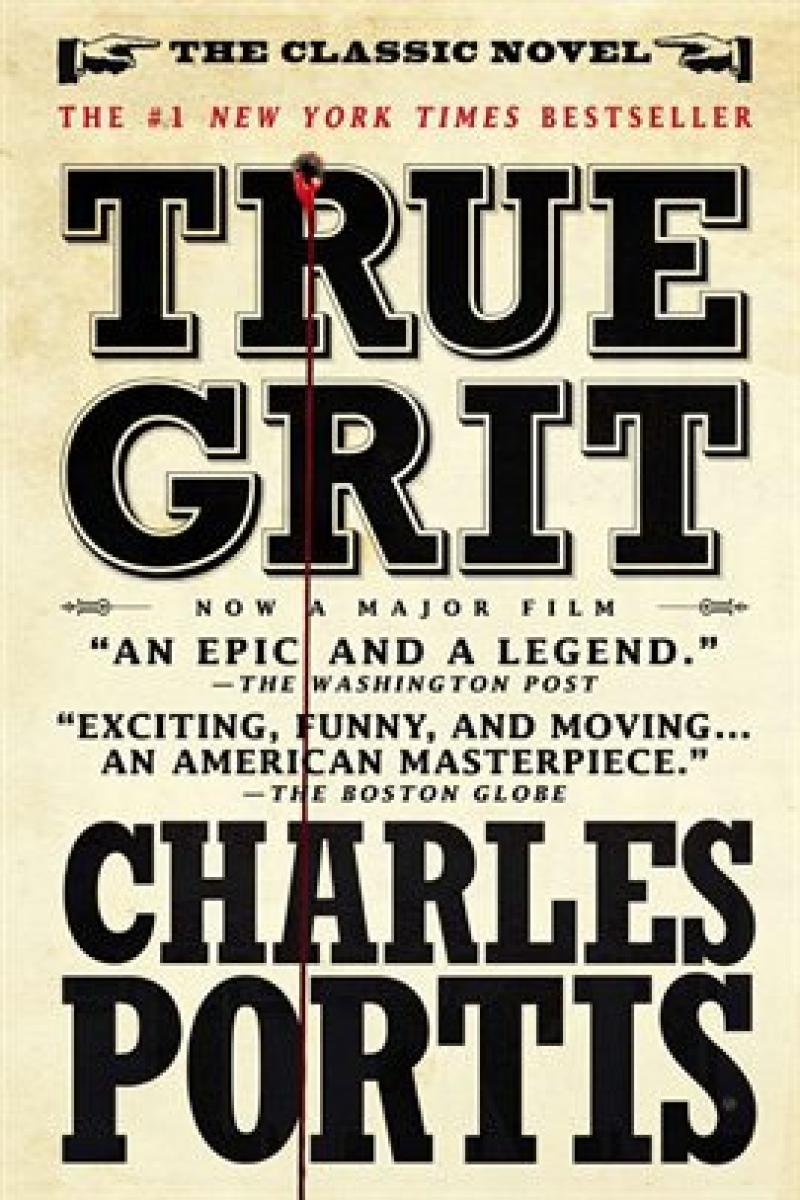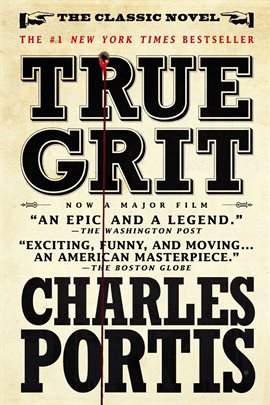Charles Portis, author of True Grit , dies at age 86


The screenplay for True Grit was quite faithful to the book, and displayed much of the colorful frontier language that made the book so popular back in 1968. This scene, where Rooster Cogburn opens up about himself to Mattie Ross appears in the book almost word for word as it does in the movie, although the scene in the book is much longer.
True Grit was a big hit as a book and a movie in the late 60's. Portis wrote a number of other novels, but never duplicated the success of True Grit.
The story was so well respected it was remade in 2010 with Jeff Bridges and Matt Damon in the John Wayne and Glen Campbell roles.
RIP Charles Portis.




Charles Portis, the author whose 1968 novel “True Grit” inspired two beloved big-screen Westerns, died Monday at the age of 86.
The Arkansas native had struggled with failing health for several years, according to his brother, Jonathan, who confirmed the death to the Arkansas Times. ]
His biggest success was the 1968 novel “True Grit,” the story of a young farm girl who hires a drunken lawman to catch the outlaw who murdered her father. They go on a quest along with a Texas Ranger to track down the villain, and on that adventure, the strength of their “grit” is tested.
The novel inspired Henry Hathaway’s 1969 film, which earned John Wayne the Oscar for Best Actor. The Coen brothers’ 2010 adaptation, starring Jeff Bridges, Matt Damon, and Hailee Steinfeld, earned 10 Oscar nominations — but went home empty-handed that year.
My husband was the ultimate JW fan. He would be sad to hear that Mr. Portis passed away.
John Wayne was one of a few actors whose on screen persona took over their life. After a certain point , I would say around 1960, Wayne never took a role that would be out of the "John Wayne" character, which was basically a straight shooter old west good guy.
I am a big John Wayne fan too, though having seen all his good movies multiple times over the years , I dont watch them much any more.
True Grit was a little different in that it was based on a piece of 'literature', and was a more fleshed out characterization than occurred in a lot of Wayne films.